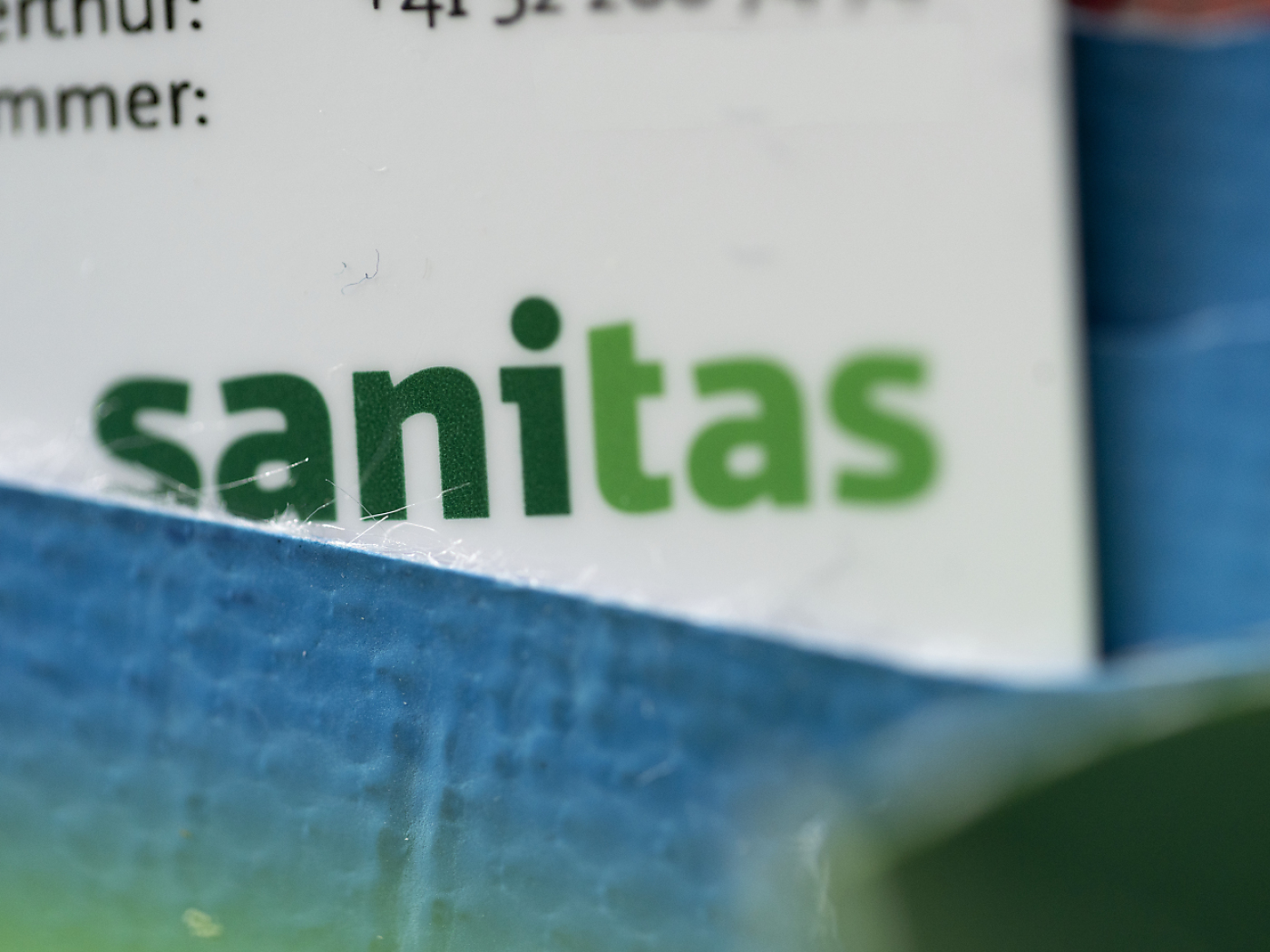
Switzerland Today
Dear Swiss Abroad,
November in Switzerland is a mix of foggy skies, shorter days and the annual ritual of comparing health insurance premiums. It’s an opportunity to save a few francs on the household budget.
Today’s briefing, however, isn’t only about rising healthcare costs, but also about the army budget and interest on savings.
And if you’re reading this on your smartphone: how often do you use it every day?
I wish you a stimulating read.

Healthcare costs in Switzerland to be curbed from 2026
Health insurance premiums are set to rise for the third consecutive year in 2025, with an average increase of 6%. The main reasons are an ageing population – Switzerland’s over-80s are expected to more than double by 2045 – and the increasing availability of medical services and new medications.
Many stakeholders recognise the need for change, sparking frequent discussions, proposals and even referendums.
Healthcare in Switzerland is primarily managed by the cantons, but the federal government regulates costs through the Health Insurance Act (KVG). Key stakeholders, including doctors, health insurers and pharmaceutical companies, negotiate directly to manage healthcare expenses.
On Monday, Health Minister Elisabeth Baume-Schneider convened a round table on rising healthcare costs, where stakeholders agreed on an annual saving of CHF300 million ($340 million) from 2026. The House of Representatives will discuss further cost-saving measures in its winter session in December.
- Full report by Swiss public television, SRFExternal link

Household income and interest rates on savings: current trends in Switzerland
The Swiss media today are covering reports on past household income levels and future savings.
In 2022, the average disposable household income in Switzerland was CHF6,902 ($7,831) per month, based on a gross income of CHF9,792. Income levels varied considerably depending on household composition, with higher values for families and lower values for single pensioners aged 65 and over.
Average mandatory monthly expenditure was CHF3,025, representing 30.5% of gross income. Although disposable income remained stable compared to previous years, consumer spending has risen slightly to an average of CHF4,949, just under half of gross income. After all expenses, households saved an average of CHF1,546.
Turning to savings: interest rates on savings in Switzerland have dropped significantly. According to an analysis by online comparison service Moneyland.ch, the average rate for savings accounts is currently 0.52%, down from 0.8% at the end of 2023, following Swiss National Bank interest rate cuts due to lower inflation. Youth savings accounts maintain a higher average rate at 0.88%, though this too has fallen. Moneyland.ch expects rates to continue declining in the coming months.
- Swiss public television, SRFExternal link reports on household income (in German)
- Read the full report on interest rates on savings (in German)

Federal government to make budget cuts, including on defence spending
Switzerland’s military budget is currently the focus of political debate as parliament prepares to adopt the 2025 federal budget by year’s end.
Centre-right parties aim to increase the military budget to 1% of GDP by 2030, five years ahead of the current target of 2035. This would amount to an increase of CHF3-4 billion per year.
Due to Switzerland’s debt brake, this increase would require cuts in other areas, such as agriculture, education, development aid and public administration. As a compromise, some parliamentarians propose extending the budget increase over a longer period, up to 2032 or 2033, to minimise cuts and avoid tax rises, such as a VAT increase.
Geopolitical concerns also factor in: with the ongoing Ukraine crisis and US President-elect Donald Trump’s demand for greater military spending by European countries, defence advocates feel strengthened. Left-leaning parliamentarians, however, oppose the budget increase, viewing even the initial 2035 target as excessive.
Parliament’s preparatory committees will make recommendations in the coming weeks, with a final decision expected in December.
- Full article in Le TempsExternal link (in French, paywall)

Survey reveals significant smartphone dependence in Switzerland
Almost half of Swiss people display “clear to pronounced” signs of smartphone addiction, according to a survey published today by the online comparison platform Comparis.
This condition, known as “nomophobia” (no-mobile-phone-phobia), describes a dependence on one’s mobile device. In the survey, over 40% of respondents exhibited clear signs of nomophobia. Younger people and those from French-speaking Switzerland were most affected, although gender, education and income levels had little impact.
Conducted by the research firm Innofact, the survey of 1,050 participants from across Switzerland found that many regularly check their screens for missed messages, feel stressed when their device isn’t nearby or when the battery is low and feel isolated without it. The survey also revealed an urban-rural divide: 28% of rural respondents said they could go without their phones, compared to only 19% in urban areas.
- Full article from Swiss public television, RTSExternal link (in French)

Picture of the day
On Monday, November 11, 2024, the traditional “Gansabhauet” took place in Sursee, in canton Lucerne. This event, held annually on St Martin’s Day, involves blindfolded participants wearing a golden sun mask who attempt to slice through the neck of a dead goose with a blunt dragoon sabre. The aim is to sever the goose’s head in a single stroke. This longstanding tradition attracts numerous spectators, who gather in the town hall square to witness the unique spectacle.
Translated from German by AMVA/dos

In compliance with the JTI standards
More: SWI swissinfo.ch certified by the Journalism Trust Initiative







